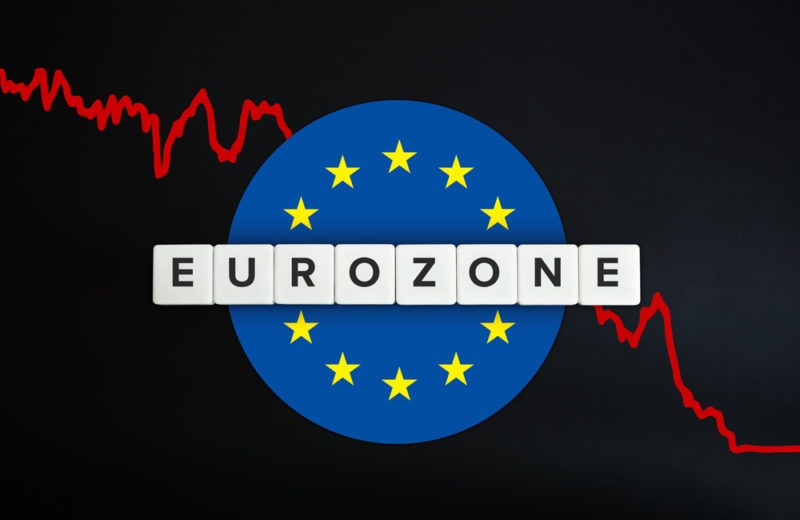Key points
- The economic outlook for Israel in 2023 saw a sharp rise in national debt, increasing from 60.5% to 62.1% of GDP due to war expenses.
- Post-war credit rating decline heightens borrowing costs and investor hesitance.
- Central Bank adjusted interest rate policies to stabilise the financial system amidst economic challenges.
In 2023, the Israeli government raised 160 billion shekels (approximately 43 billion USD) due to war-related expenses, highlighting a substantial increase in national debt. Post-conflict, from October 2023 onwards, an additional 81 billion shekels were raised to cover ongoing costs, underscoring the continuous financial burden. The total debt to GDP ratio, which stood at 60.5% in 2022, escalated to 62.1% in 2023 and is projected to rise to 67% in 2024.
Credit Rating Slump and its Costly Aftermath
The immediate aftermath of the Israel-Hamas war saw a decline in the country’s credit rating. This drop has increased borrowing costs and investor reluctance, creating a more challenging environment for funding government expenditures. The potential future risks associated with this scenario include further rating downgrades and the possibility of regional instability escalating, which could have a significant economic impact. The current assumption underlying these ratings is that there will be no wider regional conflict, stabilising the economic forecast slightly.
Investor Hesitancy: Assessing War’s Economic Shock
War has also led to a pronounced reluctance among investors, primarily due to high perceived risks and a preference to wait and observe the unfolding economic landscape. The private sector has expressed concerns about the stability of the business environment. Consequently, this could deter investment and slow economic recovery. The apprehensive investment climate directly results from ongoing economic instability’s heightened uncertainties and financial risks.
Central Bank Tactics Amid Economic Strife
Bank of Israel adjusted its interest rate policies to maintain stability in the financial system in response to challenges. These adjustments involve manipulating rates directly affecting commercial bank customer rates linked to prime rate changes. This strategy signals market stability and confidence, mitigating immediate financial risks as part of a broader effort.
Navigating Post-War Economic Challenges
The war has severely strained the national budget, necessitating increased defence spending and support for affected people and infrastructure. Despite maintaining a credit status above investment grade, the outlook remains negative, with substantial challenges ahead. Strategic planning and robust policy-making are essential to manage these economic impacts. Consequently, a balanced recovery will stabilise the national economy in the upcoming tumultuous years.















